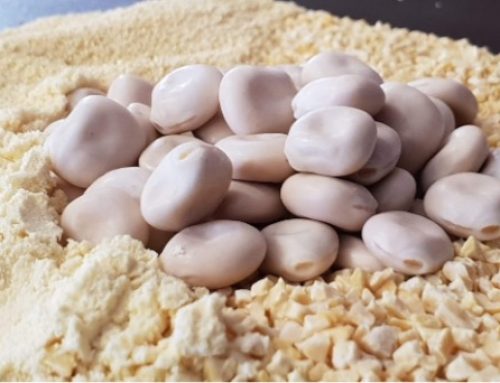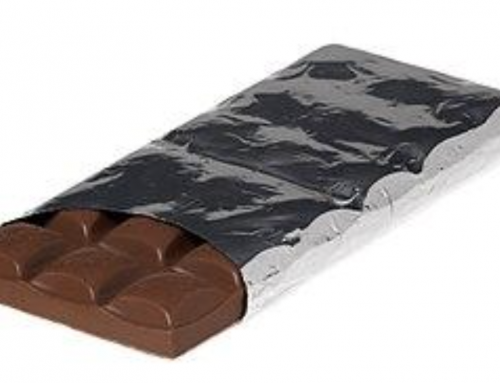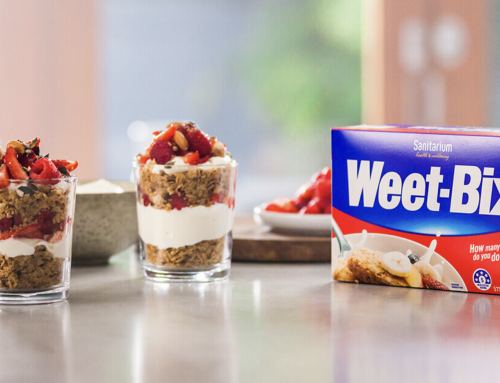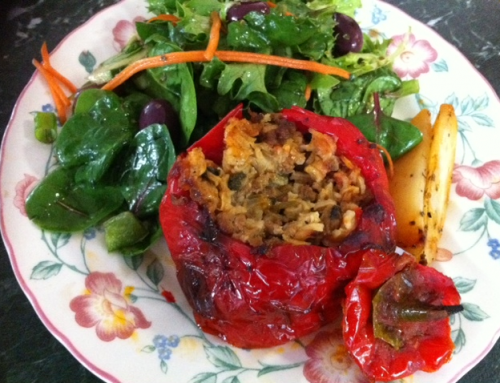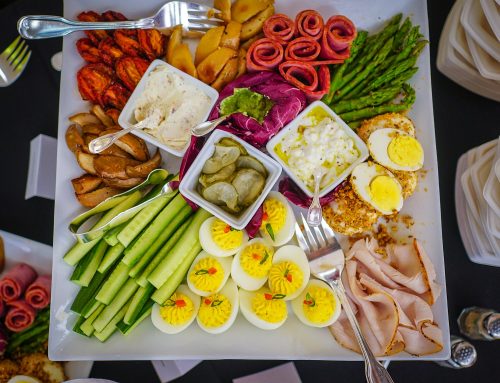The Mediterranean diet can reduce the risk of heart disease and cancer, promoting longevity and improving gut health. Here’s your 24-hour sample diet plan.
Why the Mediterranean diet?
Eating like you’re living on a Greek island or in a Spanish village can do more than give your taste buds a treat. Studies show that the Mediterranean diet (MD), which is high in olive oil, vegetables, leafy greens, tomatoes, seafood, nuts, fresh fruit, legumes, and wholegrain cereals, can have potent anti-inflammatory effects.
As a result, “The Mediterranean diet can reduce the risk of heart disease and cancer, promoting longevity and improving gut health,” says Antonia Thodis, a clinical and research dietitian currently studying the diet at La Trobe University.
“To maximise the anti-inflammatory benefits, replace two meat-based meals per week with two legume- or tofu-based dishes. Traditionally, in Mediterranean countries, red meat and chicken were eaten only in small portions.” Here’s what a day on the Mediterranean diet might look like:
Breakfast

Two poached eggs with stewed tomatoes (drizzled with extra virgin olive oil) and one slice of wholegrain or sourdough bread. Add some dried oregano and/or chopped parsley and cracked pepper to taste. One Greek/espresso coffee OR Dakos (Cretan bruschetta) with stewed tomatoes, olive oil dressing topped with about half a teaspoon of oregano and/or chopped parsley and cracked pepper and some crumbled goat’s cheese. One Greek espresso coffee.
Lunch

One bowl of cannellini bean and vegetable soup (fassoulada) with a slice of dense wholegrain/sourdough bread. One apricot. Spice up the bean soup with the addition of turmeric or korma paste.
OR Slow-cooked pea, carrot and beef casserole with half a cup of steamed or boiled rice. Cos lettuce salad (add olive oil/lemon juice and oregano dressing).
Dinner

Oven-baked whole schnapper (add lemon juice/lemon slices/ oregano/salt and pepper to season before cooking), with one small baked potato and a salad of boiled green leafy vegetables. Select from endives, spinach or silverbeet; there are many green leafy vegetables available but make sure these are dressed with olive oil and lemon juice to taste.
OR
One bowl of lentil soup, a bowl of Greek salad (drizzled with olive oil) and a slice of dense wholegrain/sourdough bread. Season with tumeric or cumin.
Drinks

Lunch or dinner can be accompanied by a small glass of red wine or retsina. Herbal teas such as chamomile or mountain tea, available from most delis are also beneficial.
Snacks

Greet Yoghurt (about 200g) topped with honey and walnuts, one medium pear.
Dried dates (four or five), an orange or two mandarins and a small sesame bar (made with honey).
Recipe ideas adapted from The Mediterranean Diet by Dr Catherine Itsiopoulos and You are what you cook by Dr Antigone Kouris.




